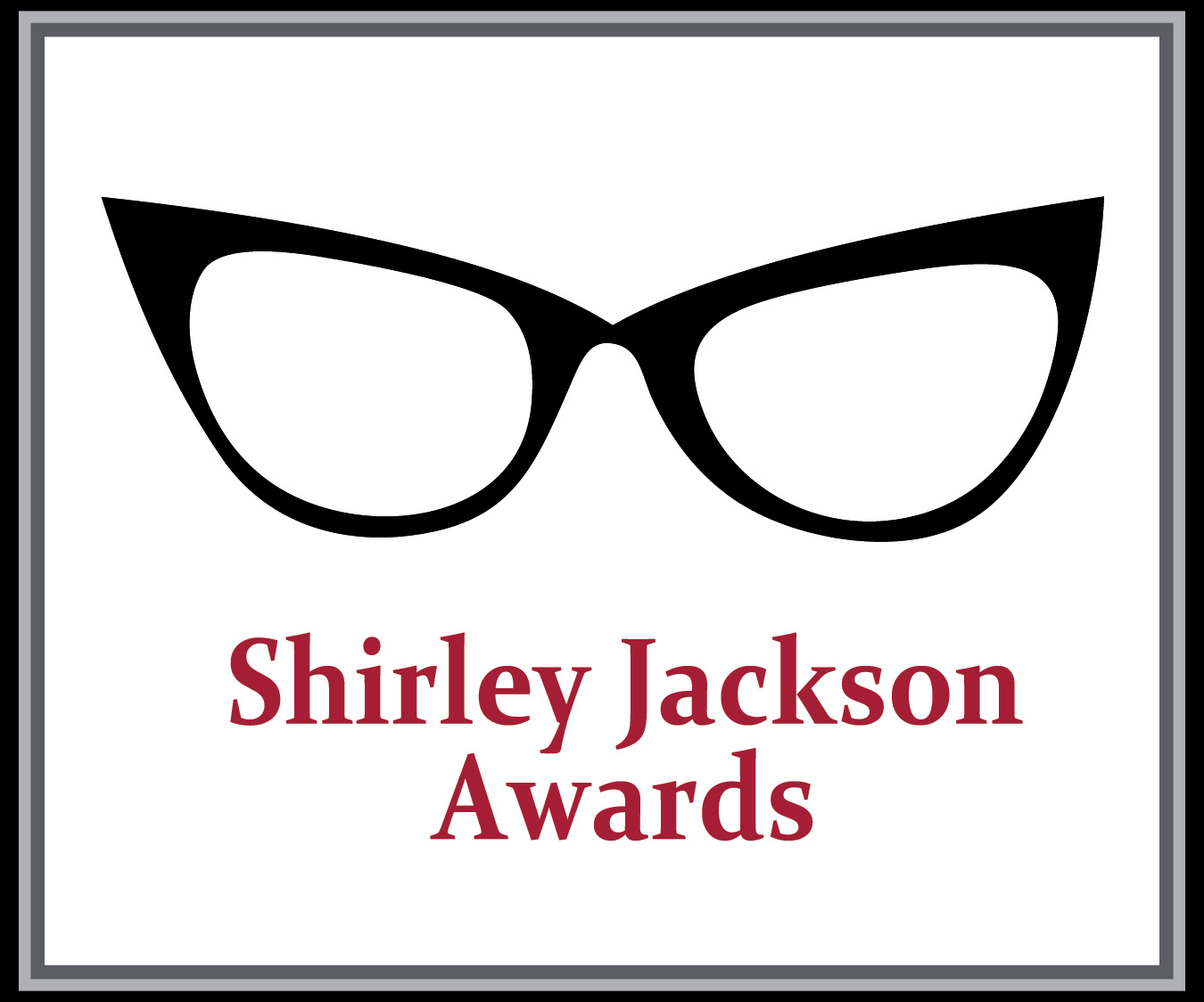Peter Dube
Hi! Thanks for agreeing to do the interview. How did you settle on Rene Crevel and what is it about him that initially interested you?
My interest in Crevel grew out of an interest in surrealism more generally, which I discovered way back in my adolescence and which grew to become an obsession of mine in no time. I loved its investment in the play of language, in dreams, desire and liberation, as well as its exploration of the unconscious and the way in which different spaces of life overlap with, and influence, each other.
Crevel became a special case of these interests for me; in some ways he tested their limits – by the particularly radical positions he held, by being a writer focused on prose in a movement primarily composed of poets, by his tragic suicide and the ambiguity surrounding it, by his ability to move in and out of many different parts of society, by his not-particularly-hidden homosexuality and the fact that it managed to get past Breton without censure. Crevel was a both a committed and independent surrealist. I thought that was very, very interesting.
So, I thought I would take a few of the bare facts of his life as a starting point for speculation and fantasy, for extrapolation and a game of “what if?” and see what happened.
What kind of research did you have to do?
Actually, because of my long-standing interest in surrealism I didn’t need to do all that much research really. I’d already read many of the movement’s key texts and a whole lot of scholarly and critical writing about it. I did read through Crevel’s work again, and a standard biography. I tracked down some stuff online too. But it was less onerous that it might have been if I weren’t already so familiar, and involved, with surrealism.
When you started writing, did you know that it would be a novella? What is it about the novella format that interests you?
Yes, I think I knew from the beginning that Subtle Bodies would take shape as a novella.
I can recall Steven Millhauser saying in an interview something along the lines of “who can resist the novella”… and I’d tend to agree with him. There’s something about the length that combines elements of what is so great in the close-up focus of the short story with a little bit of the range of the novel; this makes it an especially versatile length, intense but not rigid. Short enough to not have to explain everything, but long enough to dream a bit.
And being so wonderfully “in between”, as it were, it felt like a good fit with a piece of writing that’s deliberately hybrid, like Subtle Bodies with its blend of fact and fiction, dream and memory.
Please help support the Shirley Jackson Awards. Click here for details.
